Lawmakers put onus on building contractors
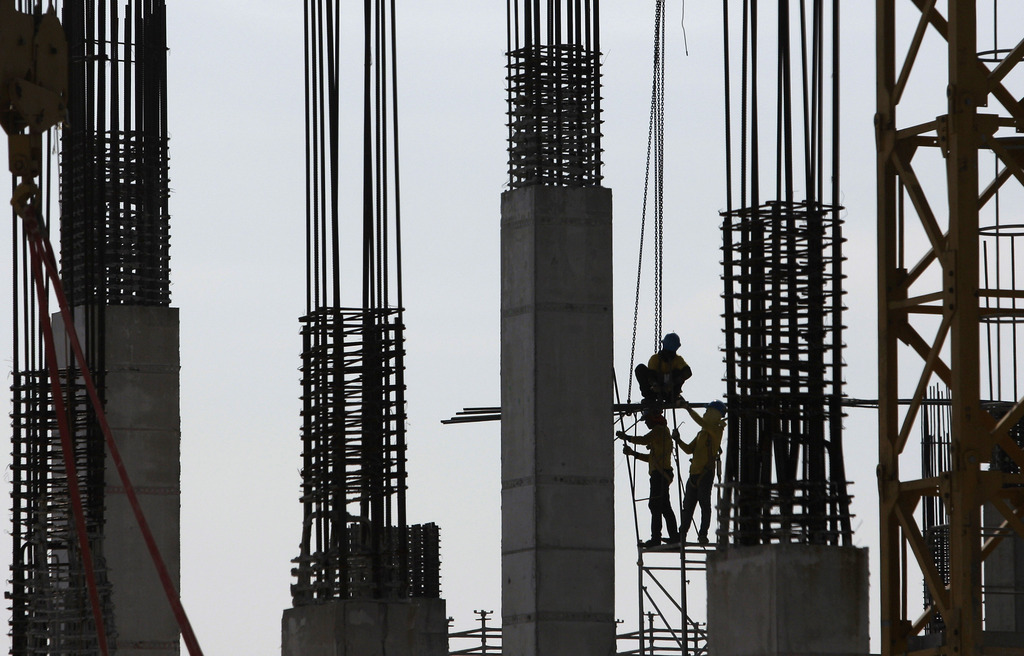
Construction firms employing workers from European Union countries will in future be responsible for making sure their subcontractors follow Swiss wage and employment laws or face penalties.
The House of Representatives passed the law on Wednesday by 104 votes to 82. The Senate and the cabinet had already approved the change, which is meant to maintain fair competition across Switzerland’s borders under its free labour accord with the EU and prevent so-called “wage dumping”.
The debate over new employment controls for the construction sector is part of a larger, ongoing discussion about how foreign workers should be treated in Switzerland under the EU-wide “free movement of people” accord.
The agreed law also holds contractors responsible for making sure that their workers from the European Economic Area who become employed in Switzerland earn the correct retirement, health insurance and other social benefits prescribed by Swiss law.
If a subcontractor is found to be in violation of Swiss employment law, the overseeing contractor will face fines as well.
Contractors can become exempt from responsibility if they can show that they have ensured their subcontractors are in compliance with the law. This can be accomplished through gathering employment documents and receipts, for example.
Too much red tape?
Switzerland’s largest association of construction workers spoke out against the legislation because it feared heightened bureaucracy and costs for contractors as a result.
Parliamentarians from the rightwing Swiss People’s Party and the centre-right Radical Party shared those concerns. Ruedi Noser of the Radicals also warned that stricter laws would result in a loss of stable construction jobs in Switzerland.
“The outsourcing of work isn’t looked at in this legislation,” he told his fellow parliamentarians. “If we pass this, everything will go overseas, or temporary work will become the solution.”
Noser and his party proposed an amendment to the law that would restrict its enforcement to a six-year period; however, that amendment was voted down by the House by 116 to 72.
People’s Party parliamentarian Jean-François Rime predicted that the red tape would get out of control if every contractor had to maintain a list of all his subcontractors’ employee wage and benefit information.
In response, Economics Minister Johann Schneider-Ammann said the government would strive for better enforcement and more efficiency.
“We will make sure bureaucracy is reigned in,” he said, citing the government’s enforcement of similar laws and explaining that much had been learned from those experiences.
Fighting for fair wages
Hildegard Fässler-Osterwalder of the centre-left Social Democrats encouraged the House to stick to the version of the law supported by the majority and not to allow it to get “watered down” by a less stringent amendment put forth by the centre right.
When advocating an end to such practices for foreign construction workers in Switzerland, she cited a wage dumping scandal that came to light in mid-November.
“I am a sports fan and had the opportunity to see Roger Federer play at the Swiss Indoors tournament recently,” she told the assembly. “I was shocked to hear that construction workers imported for the tournament were earning less than five francs per hour.”
Thomas Maier of the Liberal Green Party also advocated support for the law, calling it necessary to ensure “fair competition for all workers”.
Hans Grunder of the Conservative Democratic Party said it was necessary to make sure Swiss workers don’t get the short end of the stick and can benefit from fair competition.
Legal reforms
Non-EU member Switzerland gradually introduced the free movement agreement for EU citizens. It was later extended to the enlarged 27-nation bloc.
Amid criticism by the rightwing over increased immigration rates over the past few years, the government re-introduced in May temporary labour quotas for eight EU member countries, a move that prompted international condemnation.
Recent reports of “wage dumping” and illegal working conditions for foreign workers in Switzerland has prompted the government to look at the issue more closely through a series of legal reforms.
The labour accord with 15 EU as well as three Efta (European Free Trade Association) member states took effect in 2002 following Swiss voters’ approval in a nationwide vote.
It is considered a key bilateral accord for non- EU member Switzerland with the 27-nation bloc.
The treaty was extended to ten new EU member states two years later, gradually introducing free access to each other’s labour markets.
In 2009, the accord was extended to an additional two new EU member countries in Eastern Europe following another nationwide ballot.
Under the accord, Switzerland and all EU and Efta countries benefit from unlimited access to each other’s labour markets by 2016.
However, the Swiss government decided to re-introduce labour quotas for eight Eastern European countries for at least 12 months, causing international protests and criticism by the European parliament.

In compliance with the JTI standards
More: SWI swissinfo.ch certified by the Journalism Trust Initiative

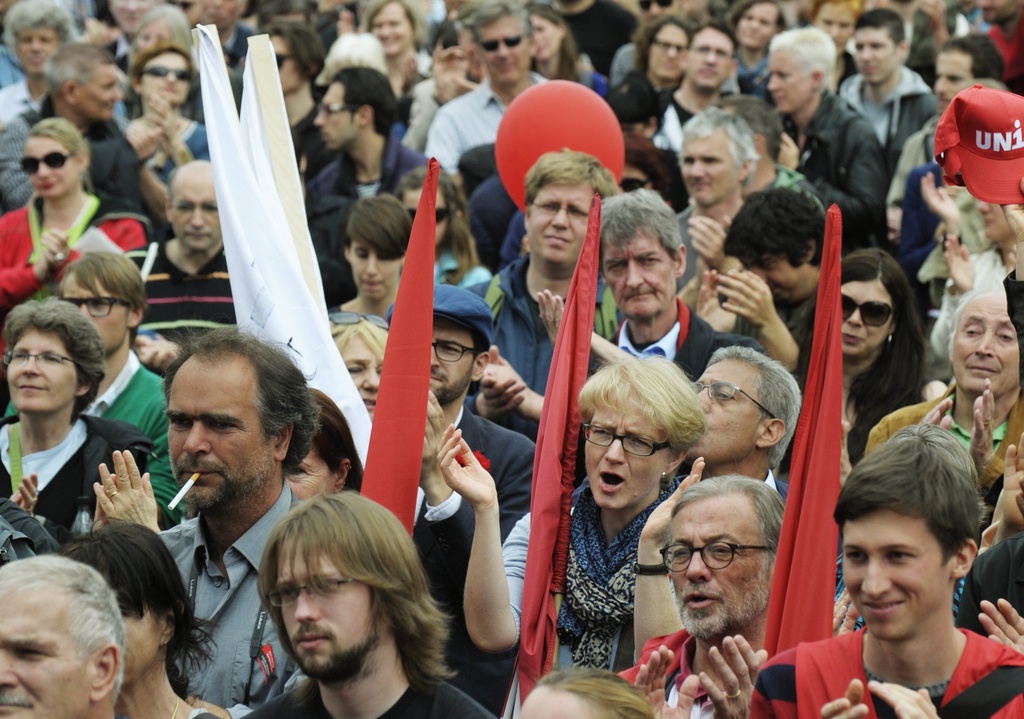
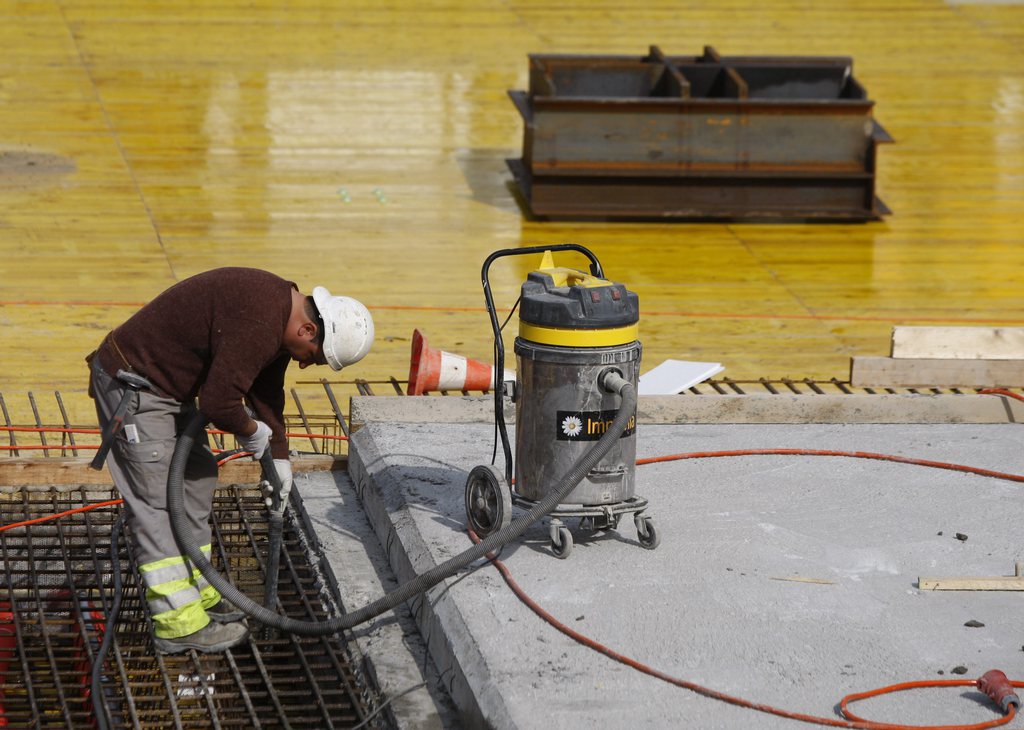
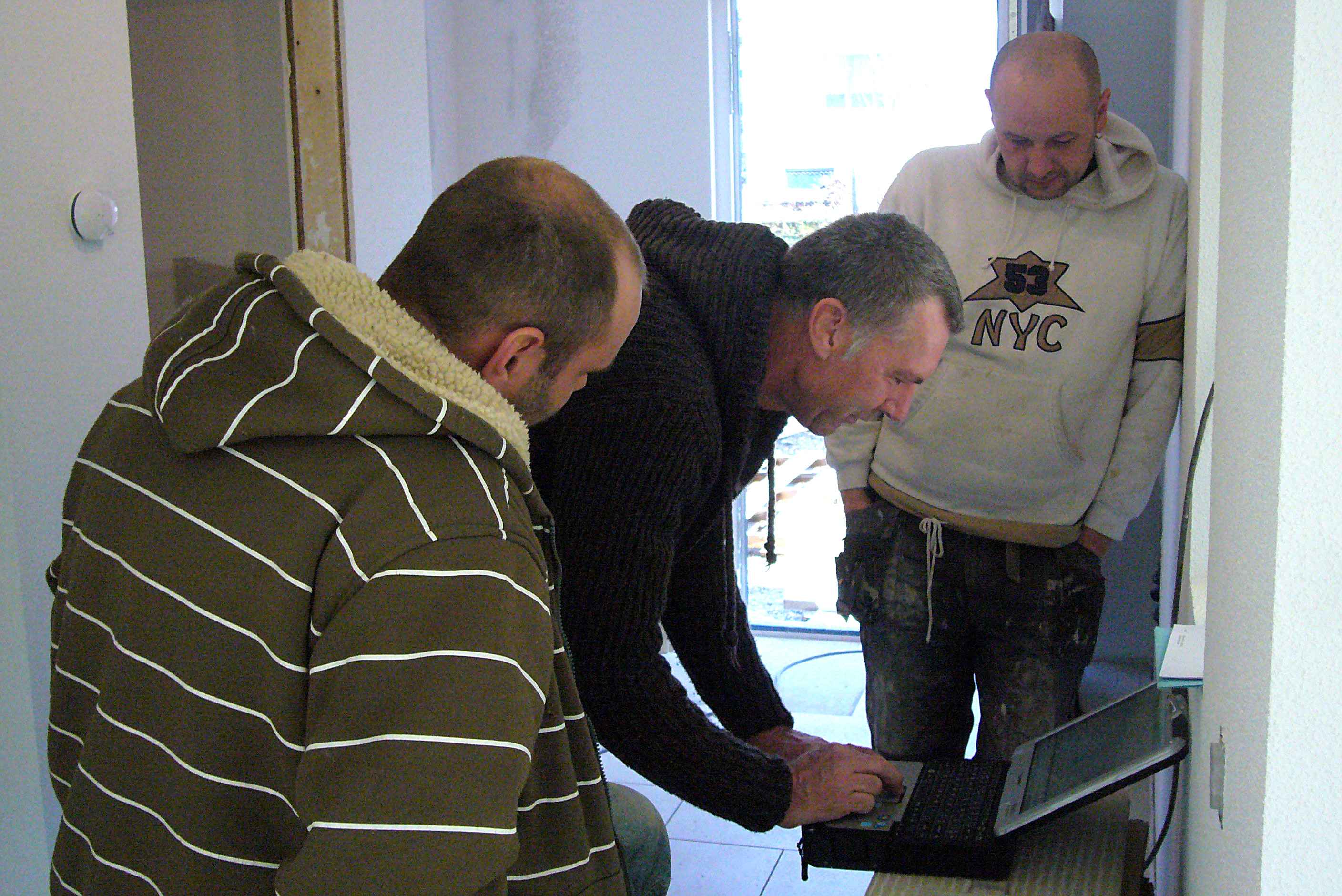
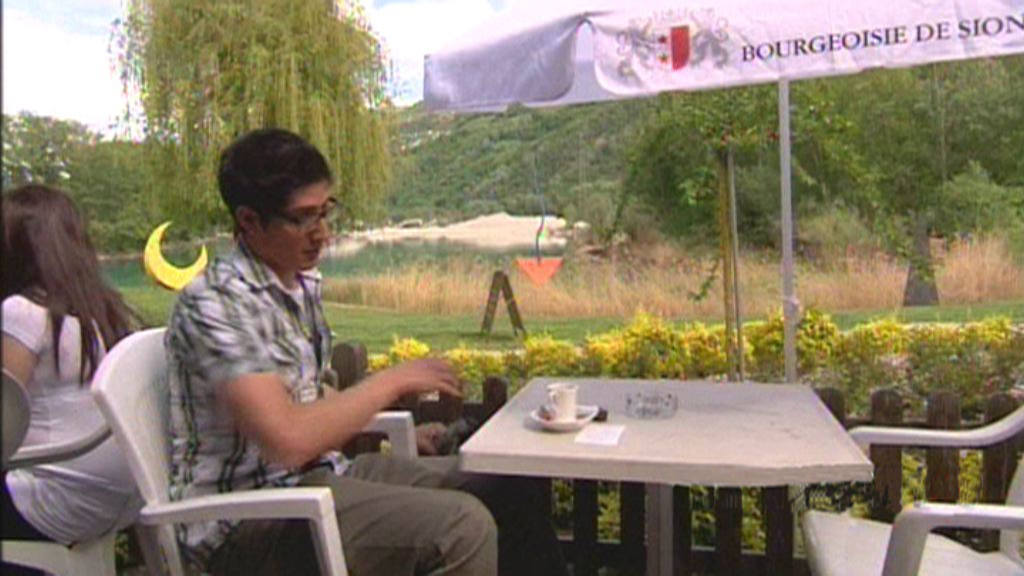
You can find an overview of ongoing debates with our journalists here. Please join us!
If you want to start a conversation about a topic raised in this article or want to report factual errors, email us at english@swissinfo.ch.